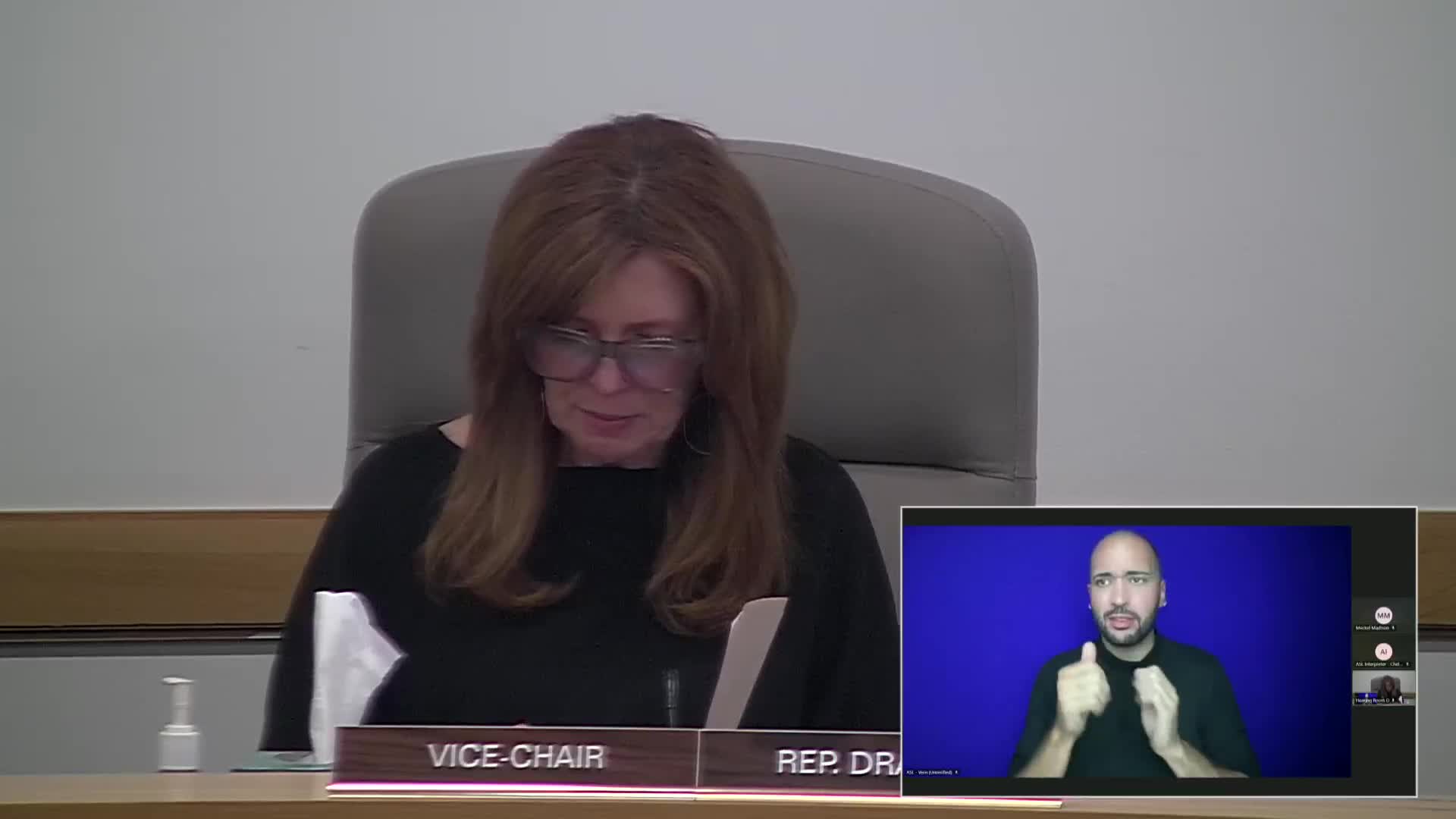Oregon Democrats propose ballot committee amid concerns of hyperpartisanship
June 18, 2025 | Legislative, Oregon
This article was created by AI summarizing key points discussed. AI makes mistakes, so for full details and context, please refer to the video of the full meeting. Please report any errors so we can fix them. Report an error »

During a recent meeting of the Oregon House Committee on Rules, lawmakers discussed the formation of a new legislative committee tasked with drafting ballot materials. This committee would consist of four Democrats and two Republicans, a structure that has raised concerns among some members about its potential lack of bipartisanship.
Critics argue that the committee's composition could lead to hyperpartisan language in ballot materials, which may not reflect the neutrality and transparency that Oregonians expect. One committee member emphasized that the traditional process, managed by the Secretary of State's office and the Attorney General's office, has historically been more effective and unbiased. They pointed out that previous interventions by legislative Democrats in 2017 were viewed unfavorably, suggesting that such decisions should remain with the Secretary of State to better serve the public.
Despite these concerns, committee members reassured that voters would still have the opportunity to submit statements for and against measures in the voters' pamphlet. They also confirmed that there would be avenues for court review if any party felt the legislative process was flawed. This means that while the committee's approach may change, protections for voter input and oversight remain intact.
The discussion highlighted a broader debate about the balance of power in shaping ballot language and the importance of maintaining public trust in the electoral process. As the committee moves forward, the implications of their decisions will be closely watched by Oregonians, who are keenly aware of how these changes could affect their voting experience and the clarity of ballot measures.
Critics argue that the committee's composition could lead to hyperpartisan language in ballot materials, which may not reflect the neutrality and transparency that Oregonians expect. One committee member emphasized that the traditional process, managed by the Secretary of State's office and the Attorney General's office, has historically been more effective and unbiased. They pointed out that previous interventions by legislative Democrats in 2017 were viewed unfavorably, suggesting that such decisions should remain with the Secretary of State to better serve the public.
Despite these concerns, committee members reassured that voters would still have the opportunity to submit statements for and against measures in the voters' pamphlet. They also confirmed that there would be avenues for court review if any party felt the legislative process was flawed. This means that while the committee's approach may change, protections for voter input and oversight remain intact.
The discussion highlighted a broader debate about the balance of power in shaping ballot language and the importance of maintaining public trust in the electoral process. As the committee moves forward, the implications of their decisions will be closely watched by Oregonians, who are keenly aware of how these changes could affect their voting experience and the clarity of ballot measures.
View full meeting
This article is based on a recent meeting—watch the full video and explore the complete transcript for deeper insights into the discussion.
View full meeting
